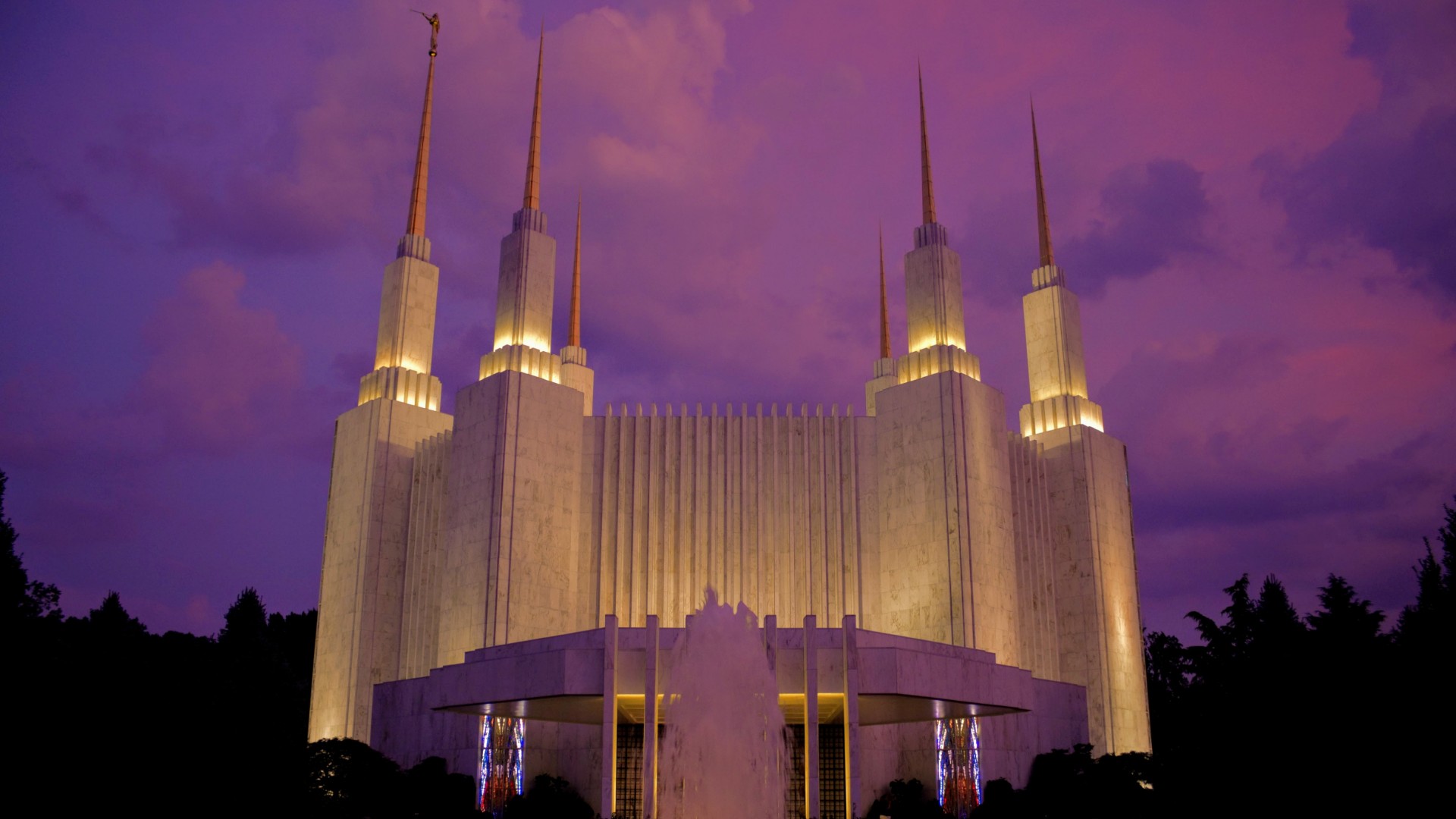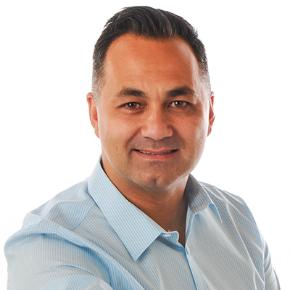Richard Mouw, professor of Faith and Public Life and former president of Fuller Seminary, has written a piece at First Things titled “Mormons Approaching Orthodoxy.” It’s a lengthy article and there is much that needs responding to, but it’s too much for a single blog post. So let me just offer a few thoughts on some of his key points.
First, Mouw sets up a false dichotomy when he writes:
At stake in this dispute is a choice between two approaches to Mormon teachings and practice. One is skeptical and presumes that Mormonism is a deeply heretical form of Christianity, so much so that dialogue is impossible. The other is more trusting and is willing to entertain the possibility that Mormonism has the resources for theological self-criticism and self-correction, and that dialogue might help in this process. Recent Mormon history suggests the latter approach is more fitting, and more in keeping with the way Mormons themselves understand their tradition.
These are not our only two choices. Why can’t one presume Mormonism is deeply heretical and that dialogue with Mormons is still possible? This is a third option, and it’s actually the option I personally practice. And with this approach, I’ve had many productive conversations with Mormons through the years.
Second, Mouw gives us no reason to think that “Mormonism has the resources for theological self-criticism and self-correction.” I’m willing to “entertain the possibility,” but Mouw has to provide some good reasons why we should think so. So, what are those resources? The seeming uncertainty of one past LDS president in a couple of interviews is not enough reason to think Mormonism can self-correct. Indeed, Mormon apologists were quick to correct any perceived misunderstandings of Hinckley’s comments. Later, Mouw asks, “Or will we adopt the more optimistic assumption that Mormonism is capable of self-reformation?” I wish I could be optimistic about this. But again, I need some reasons why I should be optimistic. Actually, I think we have good reason to be pessimistic of the LDS capacity for self-correction because of the LDS view of the Bible as corrupted (see the LDS Article of Faith #8). God’s Word is our primary resource for self-reformation, and LDS theology undermines the Bible so as to strip it of its authority.
Third, Mouw puts a lot of stock in LDS president Gordon B. Hinckley’s interview comments regarding the Lorenzo Snow couplet, but why? Why not examine the larger teaching of the church and, in particular, go directly to the founder of Mormonism and its preeminent prophet? Joseph Smith clearly taught God “was once as we are now, and is an exalted man, and sits enthroned in yonder heavens!” (See “Chapter 2: God the Eternal Father” in Teachings of Presidents of the Church: Joseph Smith—pages 36-44.) Or just read the Mormon scriptures: “Then shall they be gods, because they have no end; therefore shall they be from everlasting to everlasting, because they continue; then shall they be above all, because all things are subject unto them. Then shall they be gods, because they have all power, and the angels are subject unto them” (Doctrine & Covenants 132:20). Or just consult the teaching found on the official LDS church website: Becoming Like God. Instead, Mouw writes:
The second view, the one that I accept, is that Hinckley was signaling a decision on the part of the Mormon leadership to downplay the Snow couplet within the corpus of Mormon teachings about the deity, not just to outsiders, but within their own community.
Again, Mouw simply asserts this without giving us any justification to accept it. However, he does discuss what, or who, has significantly influenced his own views:
I must confess that my own decision to presume sincere Mormon self-questioning has been strongly influenced by many conversations over the past fifteen years in my role as co-director of the Mormon-Evangelical dialogue with my friend Robert Millet.
Could it be that Mouw takes this naive view because his friendship with Mormons has distorted his views about their doctrine? I certainly think one can have close friendships with Mormons and yet understand LDS views are absolutely heretical.
Fourth, Mouw assures us Mormons want to keep the “becoming gods” theology “on the margins of their historic teachings” by referencing three Millet affirmations:
- “One is that the strong emphasis on deification in LDS thought has to be seen in connection with the theosis tradition in traditional Christianity. Patristic writers make frequent appearances in Millet’s writings, as well as C. S. Lewis’s insistence that God ‘will make the feeblest and filthiest of us into a god or goddess, a dazzling, radiant, immortal creature.’”
- “Millet also argues that the LDS version of theosis, like the traditional Christian formulations, does not entail turning human beings into equals of the Godhead in glory and power, much less rivals. ‘We do not believe,’ says Millet, ‘we will ever, worlds without end, unseat or oust God the Father or His Only Begotten Son, Jesus Christ.... I am unaware of any authoritative statement in LDS literature that suggests that men and women will ever worship any being other than those within the Godhead.’ He specifically appeals to the clarification offered by President Gordon Hinckley, in a 1994 conference address. The LDS teaching about deification, Hinckley asserted, ‘in no way diminishes God the Eternal Father. He is the Creator and Governor of the universe. He is the greatest of all and will always be so.’ As a loving Father, God wants his human children to ‘approach him in stature and stand beside Him resplendent in godly strength and wisdom.’”
- “A third emphasis in Millet’s presentation of the Mormon view is the insistence that the path to deification is possible only ‘through the cleansing and transforming power of the blood of Jesus Christ.’ He cites Joseph Smith’s teaching that our goal of becoming ‘heirs of God, and joint heirs with Jesus Christ’ is possible only ‘through the love of the Father, the mediation of Jesus Christ, and the gift of the Holy Spirit.’”
If you’re familiar with Mormon doctrine, you know that any Mormon can you look you in the eyes and sincerely affirm all three affirmations that Millet outlines here, while at the same time affirming that God the Father was once a man and that we will become gods ourselves. Furthermore, what authority does Robert Millet have to influence official LDS teaching? Is there any good reason to think Millet can sway the machine that is the LDS church? Is there any past record of Millet influencing official doctrinal change?
Fifth, Mouw can’t be unaware of the terminology problem between LDS and orthodox Christians, can he? He writes:
Hodge is making an important distinction here. A person’s actual trust in Christ is not the same as his theological account of what goes into a proper trust in Christ. Hodge assumed that the former can be legitimate even when the latter is faulty, and in Schleiermacher’s case, he took seriously the liberal Protestant theologian’s expressions of spirituality and the hymns he chose to sing. Hodge seems to have been convinced that what Schleiermacher “meant” when he was singing about Jesus was a more accurate expression of his personal faith in Jesus than the Christology he outlined in his systematic theology. I’ve drawn a similar conclusion from Mormon hymnody.
Wow. Mouw knows LDS use the same terms but have completely different meanings, right? When Mormons talk about Jesus, they mean the literal firstborn son of the Heavenly Father and Heavenly Mother, a created being, and our literal older spirit brother. But later, Mouw writes:
And when it is accompanied by a genuine willingness to engage in serious conversation with others, as it is in the Evangelical-Mormon dialogue, it can be a sign of a sincere desire to bring a historically heterodox tradition into greater conformity with the orthodox Christian consensus.
So it seems Mouw thinks that LDS theology is merely heterodox (out of step with orthodoxy but falling short of heresy), not actually heretical. So clearly he misunderstands orthodox LDS doctrine, which is heretical through and through.
Sixth, Mouw suggests our works are a better test for true faith than is our theology:
What did those tears “mean” in relationship to, say, the first half of the Snow couplet? Were the words that the LDS scholar was singing informed by his desire to become his own “god”? Or did his personal experience of what it took for him to be reconciled to God the Father “mean” that he looked forward to the eschatological posture of kneeling in praise and adoration at the “glorified throne,” in gratitude for “hands pierced and bleeding to pay the debt”? I choose the latter interpretation with considerable confidence, with the conviction that a person’s piety is often a better test of his faith in God than are his theological formulations.
God gives us a better test for eternal life in John 17:3: knowing the one true God. So yes, according to God our “theological formulations” are vitally important. If Mormons worship a radically different God than Christians, we can’t both have eternal life, no matter how pious a life we live.
Of course, I would love to see Mormons approach orthodoxy. Unfortunately, Richard Mouw does not give us any good reason to think this is actually happening.

